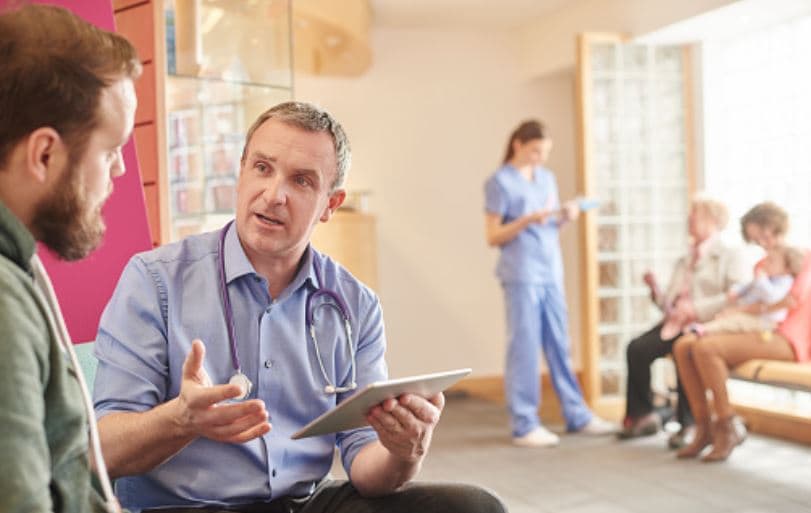Muscle Relaxers and Alcohol – Why It’s Dangerous to Mix [EXPLANATION]3 min read

Muscle relaxers are a class of oral drugs that are usually prescribed to treat neck or back pain that arises from muscle spasms and cramps.
Muscle injuries caused by accident or prolonged stiffness are also usually treated with these drugs.
The safest and most preferred way of taking these muscle relaxers is to consume them with a glass of water.
However
Mixing muscle relaxers with alcoholic beverages isn’t safe at all, and various studies have revealed that alcohol and muscle relaxers don’t work well together.
Be it an alcoholic beverage or a relaxing muscle drug; both are nervous system suppressants.
It’s common knowledge that you need your nervous system to function properly to move your muscles.
After you consume alcohol or muscle relaxers, you’ll experience restricted muscle activity.
However
This limited motion is induced by the muscle relaxers to help treat your back pain or neck pain that results from strain or muscle spasms.
Mixing Alcohol and Muscle Relaxers
Alcoholic beverages such as beer and wine are very common and popular, and these alcoholic drinks can prove beneficial for your health when taken in moderation.
However, they can be deadly when taken with muscle relaxers.
Replacing water with an alcoholic beverage to swallow your muscle relaxing drugs may not seem like a huge deal, but it can be extremely dangerous.
It’s not safe at all to mix powdered muscle relaxants with your alcoholic drink.
Interaction of alcohol with muscle relaxation drugs can produce some severe side effects that can also be fatal.
Studies also suggest:
That the effectiveness of muscle relaxing drugs also reduces significantly when consumed along with alcohol.
Hence
Mixing muscle relaxers and alcohol defeats the purpose of consuming muscle-relaxing drugs in the first place.
Combining the two is dangerous because both alcohol and muscle relaxation drugs act as sedatives that can relieve muscle spasms, but together, they can cause drowsiness.
Depending on the amount of alcohol and muscle relaxers consumed simultaneously, the feeling of drowsiness can elevate to dangerous levels.
As mentioned before:
Muscle relaxers work by slowing down the muscle movement.
This effect is further amplified by the presence of alcoholic beverages, which can lead to some dangerous consequences as the muscles that control the essential functions of a body, such as a heartbeat and breathing, may also be affected.
This can lead to heart problems, difficulty in breathing, or both.
Prevention
Since these side effects are serious, it’s important to practice alcohol abstinence while taking muscle relaxing drugs.
A recent study has shown:
That while most people are aware of the fatal effects that mixing alcohol with muscle relaxers can have, they are simply ignorant about the hazards of taking the muscle relaxers a while after consuming alcohol.
Some people believe:
Taking drugs and alcohol together is harmful, but consuming alcohol after a dose of these drugs with a gap of 10 to 15 minutes is safe.
However, this is far from the truth since the negative effects will still register, even if you separate the drug and alcohol consumption by a gap of 15 minutes or more.
At least two hours of a gap should be exercised if you take medicine after consuming alcohol.
This prevents the interaction of muscle relaxing drugs with alcohol.
However